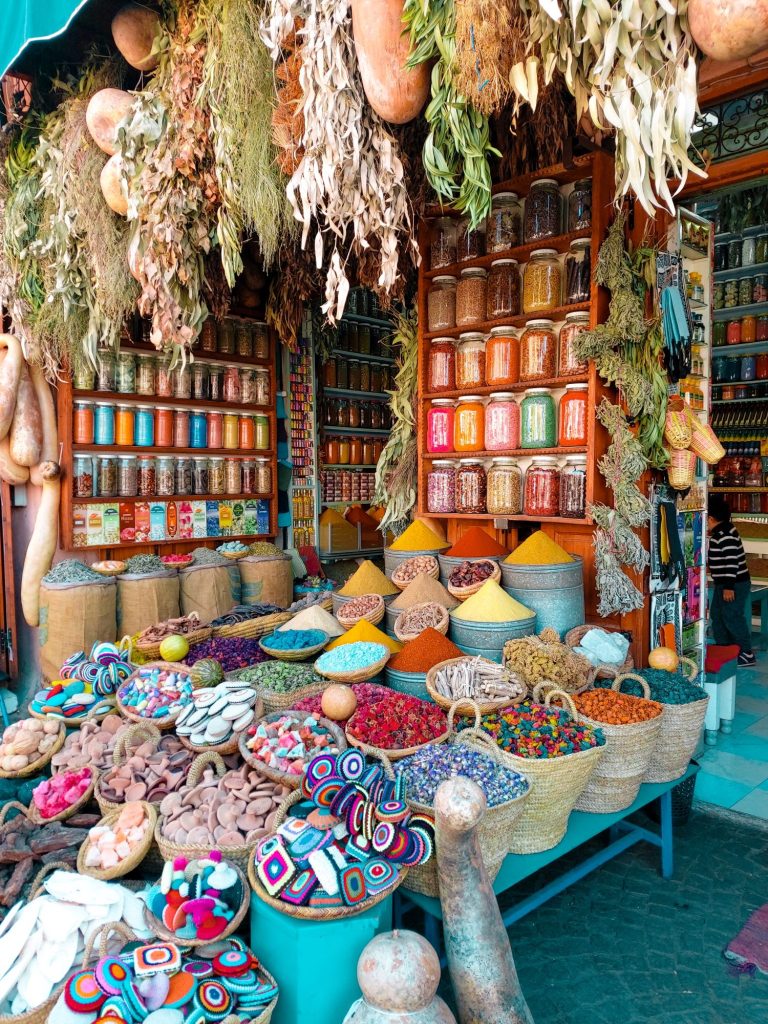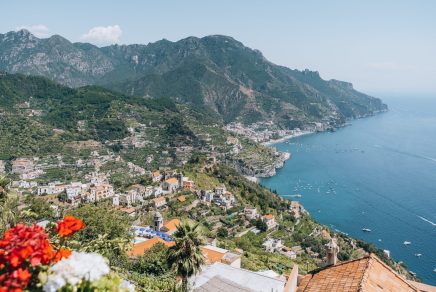It’s hard to believe at first, but yes, you can absolutely aim towards zero waste travel the same way you would at home. Of course, circumstances are vastly different and options are far more limited at destination. But with a little bit of will and intention, it’s entirely possible to be mindful of waste at destination and choose substainable tourism for your travels.
Here are simple and easy tips you can work your way to being ever-so-slightly more respectful of the environment when travelling. After all, according to the 3Rs adage (reduce – reuse – recycle), good waste management starts with… not creating new waste in the first place!
See traveling light differently
Traveling light means bringing only the essentials. Reducing the weight of your luggage not only allows you to be more mobile, but also significantly reduces your carbon footprint. Here are some tips to help you on your substainable tourism and zero waste journey:
- Choose clothes that are versatile and easy to wash. For example, a pair of jeans that can adapt to any situation, or a sweater that can be worn alone or layered depending on the weather.
- Use compressible storage bags to organize your belongings in your suitcase and save space.
Create your own essential zero waste travel kit


Reusable utensils, coffee mug and zero waste travel containers
To reduce waste when you travel, start with reusable items. These lightweight items are an integral part of a zero-waste kit and are easy to slip into a bag and carry around without too much hassle.
- Bamboo cutlery kit
- Collapsible travel mug to avoid using disposable coffee cups
- Stainless steel straws
Water bottle and water sterilization tools
The main type of waste produced when travelling is water bottles. Of course, tap water is not always safe to drink, depending on where you are. Bottled water may simply and understandably be the only option. Dehydration is the goal here!
If you don’t have access to purified water, don’t panic. There are plenty of gadgets you can make yourself, such as filter straws, sterilisation tablets or UV pens.
But if you’re travelling to places where the tap water is safe to drink, bring a reusable water bottle. In many countries, hotels and public places have water fountains. All you have to do is fill it up!
Also, most airports now have safe drinking fountains. This means you can bring your empty bottle and fill it up after security.
Tote bags
One of the best zero-waste travel hacks! Consider taking one or more canvas bags with you when you travel. Just like at home, you can use them to pick up fresh fruits at the farmers’ market or the grocery store. But it’s much more versatile than it looks! They’re also extremely lightweight and won’t take up any space in your suitcase.
- Use it as a tote bag for the beach
- Turn it into a laundry bag
- Use it as a storage bag for dirty hiking boots
- If you need to carry a lot of stuff throughout the day, use it as a handbag
Stop by your favourite museum or coffee shop to pick one up if you forget your tote. Shop small and buy local! It’s a great travel souvenir that you can use later on at home.
Zero waste travel toiletries and personal care products
For a truly zero-waste travel experience, consider adding solid cosmetics to your toiletries. Not only will you save a lot of space in your luggage, but you’ll also eliminate plastic containers from your travel beauty routine. There’s a whole range of products available today, with everything from body wash to deodorant to shampoo. You can even hit a hole-in-one with a bar of Marseille soap, which doubles as a body wash and laundry soap.
It’s also a good idea to consider washable silicone cotton buds, bamboo toothbrush, toothpaste tablets, reusable makeup remover wipes, cloth napkins (to replace paper towels), and menstrual cups instead of their disposable alternatives. They’re all small gestures that can go a long way.
Say no unnecessary packaging
Plastic bags are the worst. The WORST. Many countries, especially in Europe, have simply banned them. However, their use is still widespread around the world, and many countries lack a modern recycling facility or even recycling programs. As a result, plastic bags are often considered and treated as waste and sent directly to the landfill.
Whenever you go shopping, be quick to refuse to bag your purchases. Make use of your handy tote bag! You may have to insist on this, depending on the local customs and the possible language barrier. But it will always be worth the extra effort.
Eat locally – one of the easiest zero waste travel tips

Another area where a lot of waste is produced is in the food sector. If you’re going to eat street food, for example, try to stick to restaurants that use little packaging or, better yet, packaging that is compostable or recyclable.
Eating in, rather than taking out, eliminates a lot of unnecessary packaging. And on top of that you get to meet new people! Try to choose those restaurants that serve drinks in real glasses and where you can eat with reusable utensils.
Finally, if you’ve booked accommodation with access to a kitchen, try to stock up at the farmer’s market instead of the supermarket where it’s much easier to buy food and produce in bulk. It’s a great way to save money, invest in local economies, meet gourmet experts, and taste fantastic new flavors! Visiting these little treasures of place is one of the most important ways to practice truly meaningful sustainable tourism on your travels.
Go digital
Of course, we all like to be well-informed when we travel. But the next thing you know, your bag is full of brochures and flyers. And unless you plan to keep a few as souvenirs, chances are they’ll all end up in the recycling bin when you get home.
Choose digital guides and download digital tickets whenever you can. If you do come across a useful brochure on your trip, take a picture of it with your phone.
Consider sustainable accommodation along your journey


There are many ways in which hotels, inns, hostels, Airbnbs and other types of accommodation can also play their part in lowering their own carbon footprint. And this can have a huge impact on the achievement of your zero waste travel goal.
If you can, choose properties that are making a real effort in terms of substainable tourism, such as hotels that reduce their waste, actively recycle and have done away with single-use materials, for example. You’ll only enjoy your experience more knowing you made a positive impact!








